Are You Doomed To Be A Hypertension Statistic?
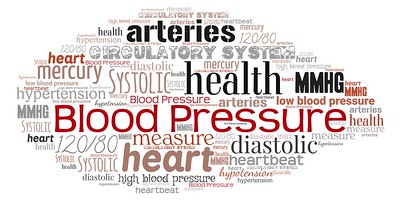
When you read a shocking statistic, like that nearly half of American adults have hypertension, and then verify that statistic by taking a poll of your friends who have checked, you know we have a problem. How can you avoid becoming part of this epidemic even if you have family members that haven’t? If you have high blood pressure, are you condemned to a life of fearing the negative outcomes or taking medication indefinitely? Can hypertension be reversed and even cured naturally? I have great news for you. For almost every case there is hope of naturally lowering blood pressure for good. However, I am not a doctor and would always recommend you do further research yourself if you have hypertension. In this post I define hypertension, summarize the causes, and give life changing recommendations for how to heal high blood pressure naturally.
Definition of Hypertension
Hypertension is Persistent High Blood Pressure. Blood pressure is the pressure exerted by the blood on the walls of the arterial vessels exiting the heart. The pressure depends on the strength of the heart pumping, the blood volume, and the resistance of the vessels. Healthy vessels have more elasticity and no clogging, thus less resistance. Unhealthy vessels may stiffen or get clogged, leaving less room for the blood to flow through. Also, if the blood is pumping harder, such as during exercise or high stress, the pressure on the arteries increases. This is why everyone’s blood pressure fluctuates throughout the day. As a result, one moment’s blood pressure reading isn’t as helpful as what’s called 24 hour ambulatory blood pressure monitoring.
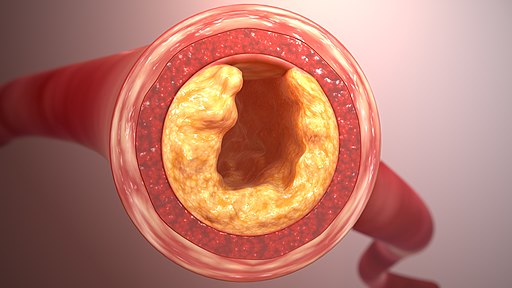
What is Considered High Blood Pressure
What most people consider high blood pressure has changed over the years. In the US, normal blood pressure was 140/90. The American Academy of Family Physicians and some others still maintain this standard, but the American Heart Association and others have lowered what they consider normal to 120/80. Genetically people differ in what is normal and healthy for their own bodies. Generally, the exact number isn’t as important as all the other factors often found in conjunction with high blood pressure. As I will later explain, together they can be dangerous, especially if blood pressure remains elevated, thus becoming hypertension. The first number in a blood pressure reading is the systolic pressure. This measurement occurs as the heart contracts, first pushing the blood. This is when pressure on the arteries is highest. The second number is the diastolic pressure when the heart is at its most relaxed state and thus the pressure is lowest. You may see the numbers written 120/80 mm Hg which can be read as 120 over 80 millimeters of mercury. High blood pressure considered Elevated may only be temporary, however, long term it can be categorized as Hypertension Stages 1 or 2. In addition a Hypertensive Crisis is when blood pressure exceeds 180/120 for any length of time.
Primary Cause of Hypertension
There are several conditions that can cause hypertension. Insulin resistance is the biggest root cause of hypertension and my blog, Insulin Resistance At The Heart Of Chronic Disease, goes into detail about its causes, effects, and cures. It drives inflammation that causes oxidative stress and leads to hardening of the arteries that raises blood pressure. Fortunately, diet primarily drives this far-reaching illness and can also be its cure. A low carb diet provides the basis for addressing this issue along with the related problem of metabolic syndrome which I wrote about in that same post on insulin resistance. I would go so far as to say that metabolic syndrome, insulin resistance, and hypertension are the triple threats seen together in epidemic proportions throughout the western world today. This probably can be attributed to the SAD Diet, otherwise known as the Standard American Diet which I detail in my post, The Standard American Diet Is SAD. This diet has also led to increasingly high rates of diabetes, another factor associated with hypertension. Large amounts of alcohol also leads to fatty liver and insulin resistance.
A low carb diet combined with intermittent fasting, both of which I’ve posted about before, will help 80% of people with hypertension. The average person eats 150-350 grams of carbs a day. Try lowering this to under 100 grams a day to heal high blood pressure. Some will need to lower carbohydrates to under 50 or even 20 grams a day. In my Getting Started With Keto post, I give specific food suggestions and ways of doing that.
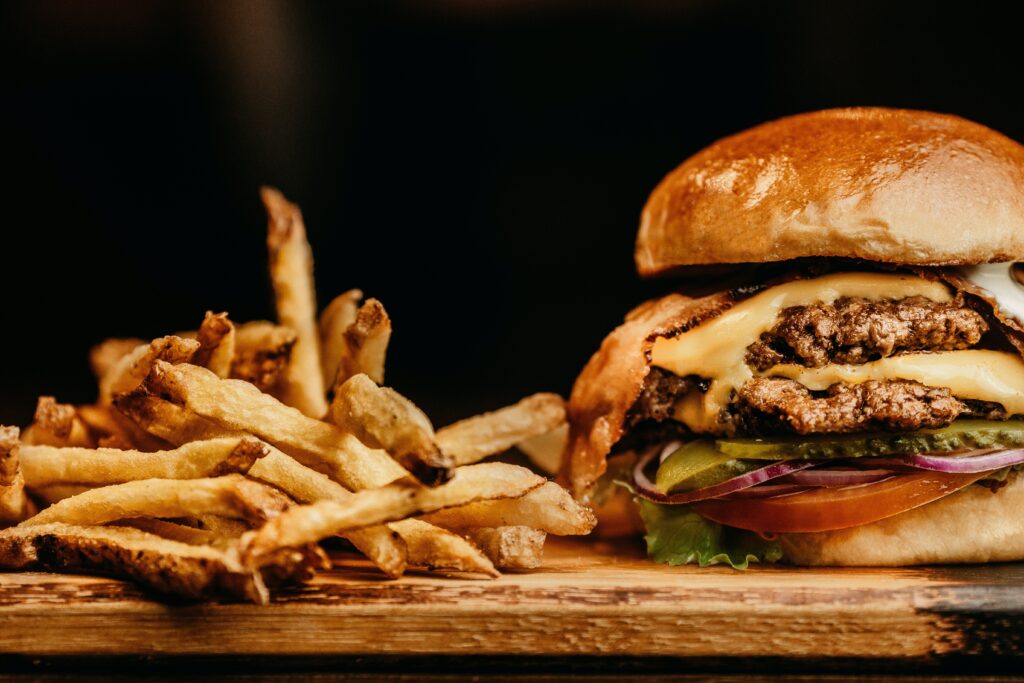
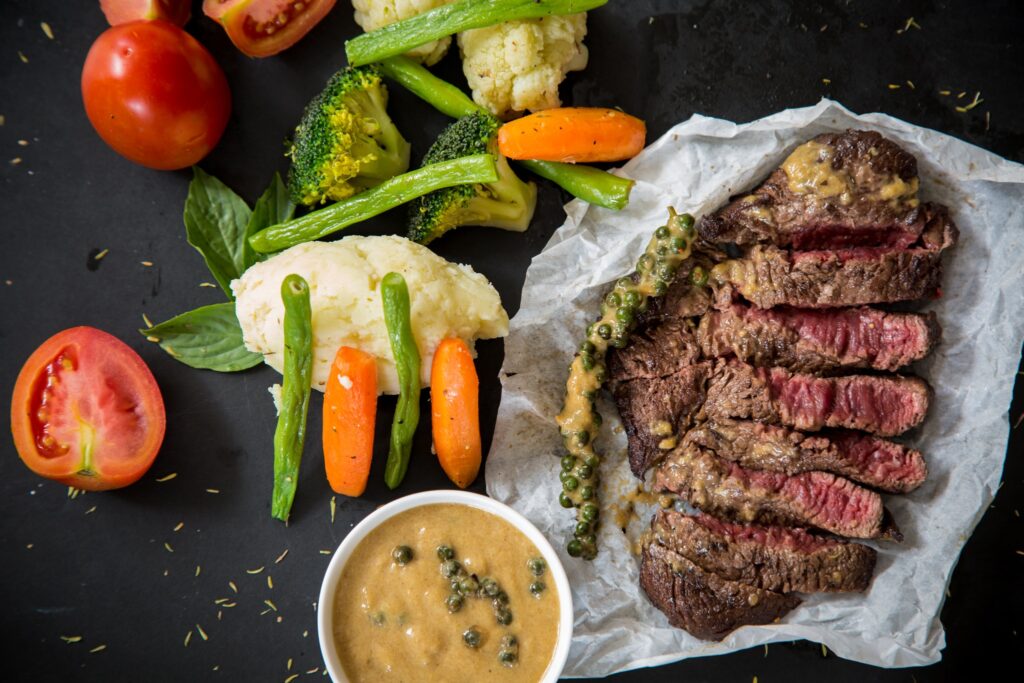
Lack of Oxygen Leads to Hypertension
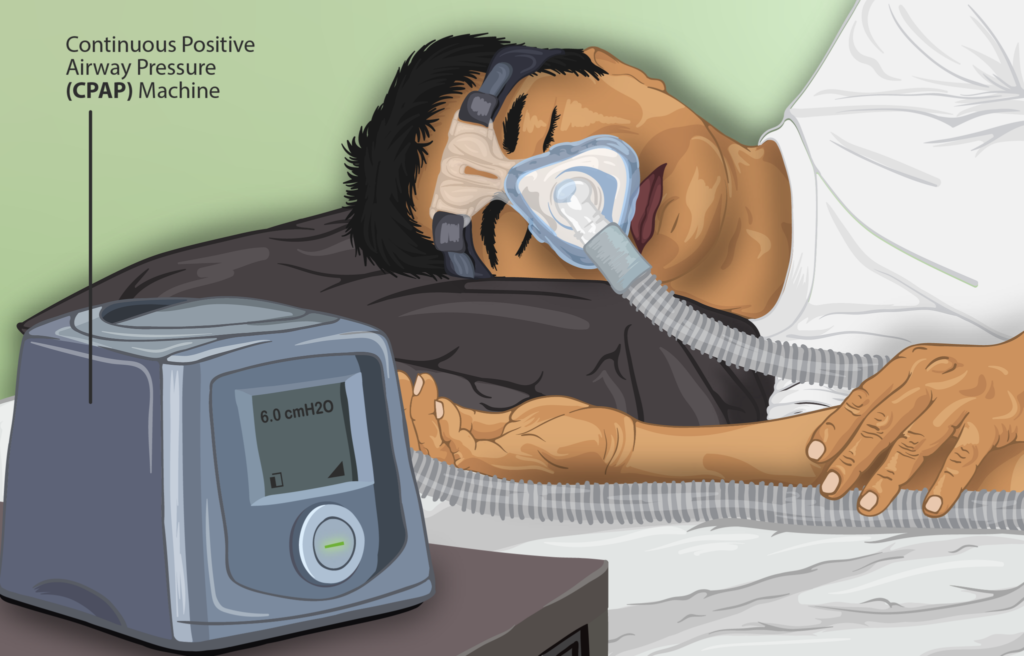
If your body does not get enough oxygen during normal blood flow, it compensates by pumping a higher volume of blood. This higher blood volume results in the exertion of a higher pressure on the arterial walls. Several conditions lead to this higher blood pressure stemming from a lack of oxygen. The foremost of these is Sleep Apnea, a condition significantly under-diagnosed. With sleep apnea, you breathe irregularly, pausing or stopping for varying lengths of time, thus reducing your oxygen intake. Your heart must then pump more oxygenated blood to compensate for the reduction in breaths taken.There are apps available that record snoring and sleep patterns to help you identify this problem without a doctor’s help if desired. Similarly, COPD or Chronic Obstructive Pulmonary Disease, reduces your ability to breath and intake oxygen, resulting in higher blood pressure. Smoking can block your oxygen carrying ability, causing COPD. Another condition called anemia means your blood doesn’t have enough iron which helps carry the oxygen in your blood, thus also often leading to high blood pressure.
Toxins, Food Sensitivities, & Nutrient Deficiencies
There are other less common factors that contribute to hypertension such as environmental toxins like lead and mercury. Gluten sensitivities can cause leaky gut and inflammation. Nutrient deficiencies like magnesium, potassium, vitamin D, and omega 3 fatty acids may play a significant role as well. Experts say that around 75% of people don’t get enough magnesium and as many as 98% of people in the US don’t get enough potassium. Also surprisingly, around 50% of people are deficient in vitamin D. These deficiencies are significantly underdiagnosed in the US and contribute to many health problems, including hypertension. You would be wise to get them checked since they can be easily bolstered by proper diet, supplements, and sun. Diuretics/water pills get rid of fluid and sodium in the body but they also deplete potassium and magnesium. Electrolyte powders without sugar as well as meats and vegetables, on the other hand, increase potassium and magnesium and help heal high blood pressure.

Unhealthy eating of large amounts of carbs or sugars and highly processed foods creates an unhealthy gut microbiome which causes inflammation in the gut leading to high blood pressure. Processed foods (especially seen in fast foods and at most restaurants) and seed oils, (the cheapest most common ones in the stores,) contribute to excessive Omega 6 fatty acids relative to Omega 3s. These same foods also disproportionately add large amounts of highly processed salts. Try cooking with animal-based fats, avocado oil, olive oil, or coconut oil.
Is Salt Really That Bad?
Salt as a cause of hypertension has been unfairly emphasized. In fact, in controlled research, lowering salt has been shown to lower blood pressure by only 1 point while not actually lowering the risk of heart problems. In fact, if salt intake is too low it can hurt your health even more. Research suggests 3 to 10 grams a day is healthy. You may have heard of ranchers placing salt licks in their fields and animals walking for miles just to get to them. These animals’ bodies drive them to get the salt needed to survive.
Someone with hypertension may ask then, “Why do I have edema (swelling) in my legs, feet, hands, and eyes, a classic sign of too much sodium retention?” The best answer is probably that you have insulin resistance which stiffens the arteries and causes type 2 diabetes and results from high levels of sugar and carbohydrate intake. High glucose storage requires extra potassium and makes you retain too much sodium. Many of the signs pointing toward the consumption of too much salt also indicate too little potassium which your body needs in double the amount.
It’s important to note that diuretics, often prescribed for high blood pressure, deplete both sodium and potassium. The body then produces insulin to compensate for the lack of sodium. Thus type 2 diabetes and insulin resistance are increased in a vicious cycle. In concluding this controversial topic of salt, unless you have kidney damage, eating healthy, lower carbohydrate, real (unprocessed) food salted to taste generally indicates the amount of salt needed for your body. One of the several resources for this information on salt was this video by Dr. Berg.
This video by Dr. Boz explains how lowering your salt intake is only a temporary fix because your kidneys upregulate their salt intake over time to compensate. Lowering blood sugar is the long term solution.
Prolonged Stress
Finally, prolonged stress commonly contributes significantly to hypertension. This cause can be addressed through exercise, prayer, life changes, and breathing exercises which I will detail later in this post. Exercising regularly stimulates the brain and gets it into a better balance. This can be compared to adjusting a dimmer switch in the brain and giving it the ability to inhibit the negative effects of stress. Your blood pressure will naturally increase during exercise but this increase is harmless. A systolic pressure of as much as 220 during exercise is fine. Another way to reduce stress is through prayer and meditation upon our omnipotent, loving God. He can bring peace during the storms of life. Also, choosing to move away from, or limit interactions with, stress inducing people and situations are life changes that may be necessary. Remember, very little in life is worth the destruction of your health. So choose carefully how you respond to, and deal with, the stresses life brings your way.
In this linked video, Dr. Khan explains 4 quick, natural techniques to quickly lower blood pressure due to stress. These include massaging your carotid sinus artery, breathing in then pushing air against your held nose for a few seconds, using a specific breathing technique, and putting your face in cold water briefly.

Breathing Exercises to Lower Blood Pressure
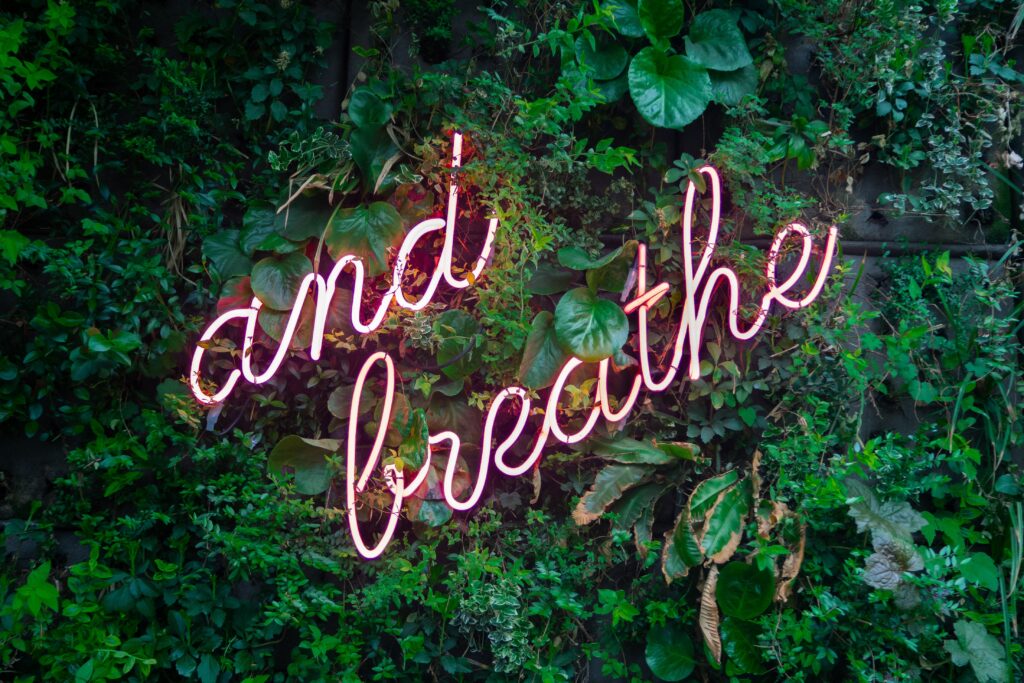

I’ve mentioned some stress reducers already but let me go into detail as promised about free and effective breathing exercise for short and long-term blood pressure improvement. I give full credit for this information to Dr. Ekberg whose video I will link here and highly encourage you to watch for a fuller explanation on how and why this works as well as a demonstration. He basically explains that your body is always balancing what part of it needs the most blood. When you’re stressed, your body allocates more blood/resources to the muscles for a fight or flight response. Your cortisol and blood glucose increase, and your heart rate increases along with your blood pressure. However, when you are relaxed, your nervous system sends more blood to vital organs responsible for things such as digestion and immunity, thus allowing for more healing.
Stress can be either physical, (generally appropriate,) or emotional, (thoughts about the unwanted). The later sends blood to muscles for actions that don’t need to happen. Stress can become a habit or unhealthy baseline upon which your body functions. When you breathe in your heart speeds up, when you breathe out, it slows down. When you’re stressed, your heart rate varies in a ragged, chaotic manner as opposed to when you’re at peace and it varies smoothly. Most people breathe too quickly, even when at rest. You can focus on your breathing, bringing it to a slower, more even pace. This does two things. It allows more blood to flow to vital organs for healing. It also prevents you from focusing on negative things since you can’t focus on your breathing and anything else at the same time.
Try breathing in for 4 seconds and out for 5 seconds, preferably through your nose. Put your hand on your belly and breathe from there, not using or lifting your shoulders. This breath should be fairly deep, not shallow, but also not completely filling your lungs. Do this for 5 to 10 minutes once or twice a day. With continuous practice for as much as 6 months, this breathing can become a skill that sets a new pathway for your brain to use automatically in various situations. The stress response pattern can be broken. Your blood pressure will go down, both immediately and in the long term.
When Medication Is Needed
Finally, let’s talk about medications. Medications generally reduce the speed and strength of the heart, others cause kidneys to expel more water thus reducing blood volume, and others work to relax and widen the vessels themselves. Each can have side effects. Some should be used rarely and never as a first choice and others can be classified as the safest with the fewest side effects, while others lie somewhere in between. Since I am not a doctor, for this aspect of high blood pressure treatment I will reference and refer to a video by Doctor Berry MD, who also asks you to question and consult your own doctor before making any changes. He lists the categories of medications and how they work along with how safe they are when taking into account their side effects. A complete work up that includes insulin levels, inflammatory markers, and the ratio of triglycerides to HDLs is necessary to know what is driving hypertension and thus the most effective way to address it, including what medications may or may not be needed.
Doctors often get compensated based on the medications they prescribe which don’t usually address the root of the problem but do cause side effects. This is why it is important to learn as much as possible yourself so you can ask relevant, vital questions of your doctor and his approach to helping you. This way you can also try natural methods on your own and avoid medications with their side effects as much as possible. This is not to say anyone should allow their hypertension to go unchecked since that is dangerous, especially long term.
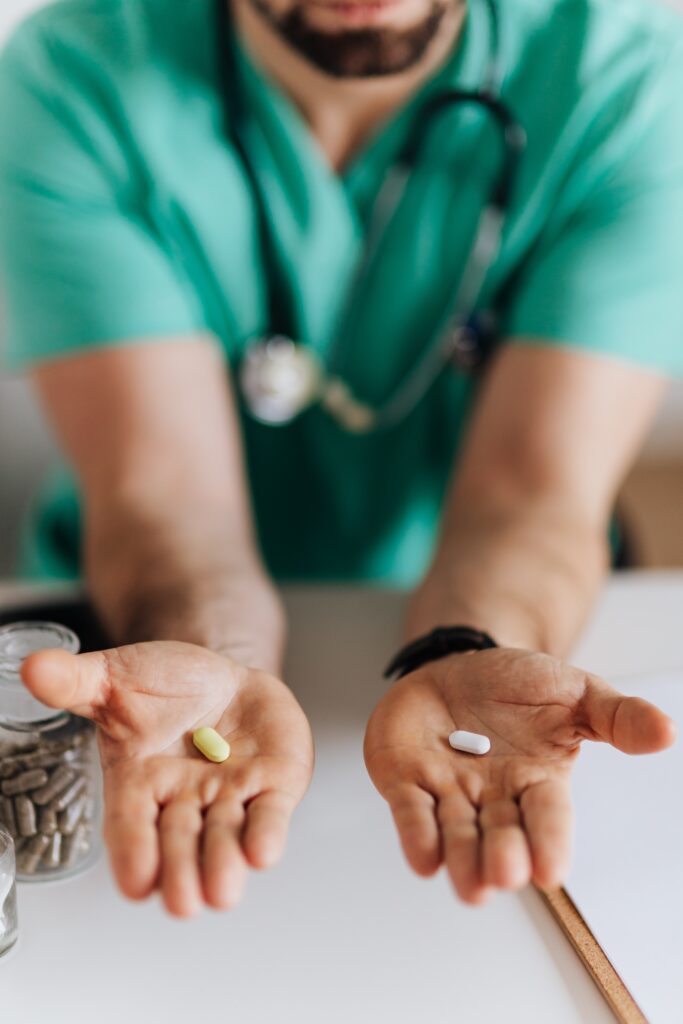
There Is Hope For Navigating Toward Health

In conclusion, there is hope for health beyond hypertension. Natural solutions exist and prescribed medications are almost never needed long term. Through control of your diet in ways that can be extremely tasty, yet not harmful to health, you can heal blood pressure along with many other chronic illnesses. Even your mind and body can be trained to respond to stress in more healthy ways that don’t harm you. It only requires a bit of work and persistence in changing habits and developing new ones that become easier and more enjoyable with time. The experience of great health is well worth it, I assure you.



Tina Rosario
great information…
thank you
Christy
Thanks. I hope you can put some part of it to effective use.
Manuel Hernandez
another good article.
Christy
Thanks